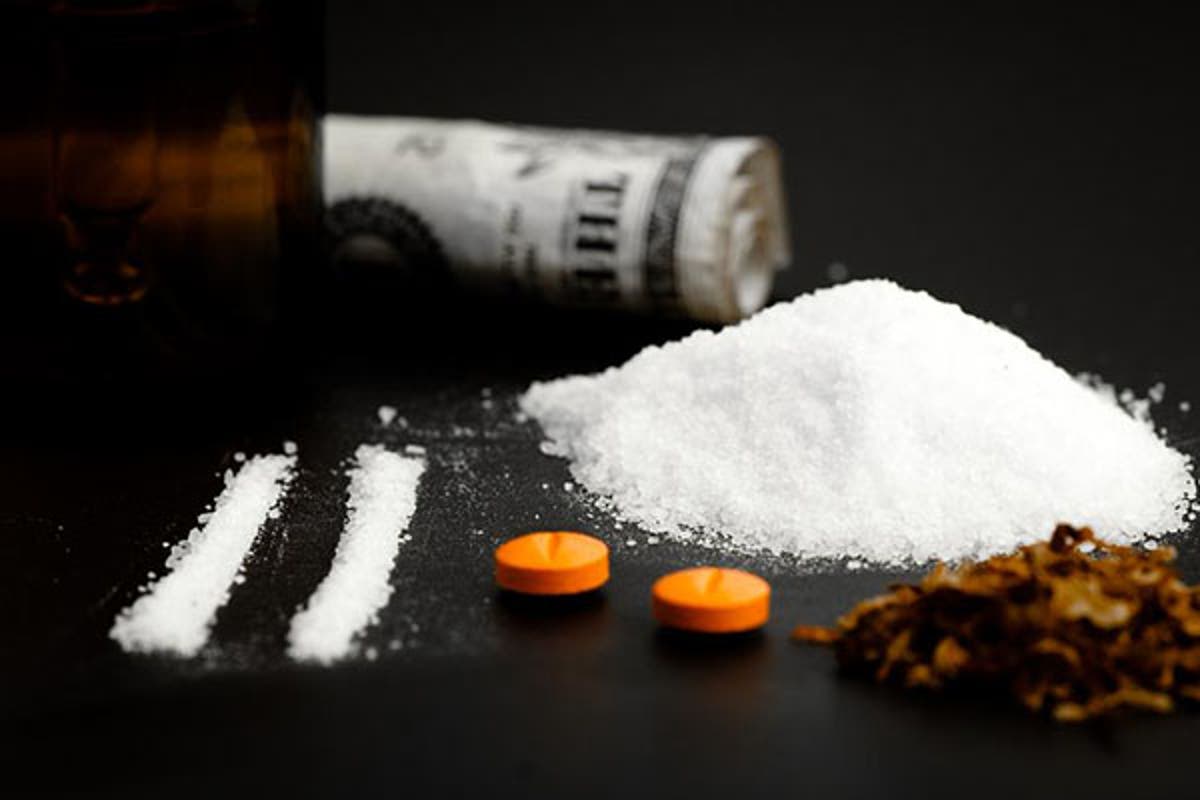By Shamaine Chirimujiri chirimujiris@dailynews.co.zw
THE Zimbabwe Civil Liberties and Drug Network (ZCLDN) this week mobilised journalists from across the country to equip them with skills in informed and accurate reporting on drug abuse in Zimbabwe.
Speaking at a media workshop in Harare yesterday, ZCLDN director Wilson Box emphasised that for effective and impactful reporting on drug abuse, it was crucial for journalists to report in a manner that did not stigmatise or was discriminatory.
“We found it fit to educate and raise awareness to the media to ensure that their stories have depth and are balanced. Many times we find articles where addicts are referred to as ‘zvigunduru’ (loafers) etc.
“We want to continue working with the media and capacitate journalists on drug use and make sure they write evidence-based stories,” he said.
“It is sad that women are heavily affected by drug abuse which is not a cause for celebration because we intend to see this country being developed. We believe the media has a crucial part to play towards fighting the scourge which has mainly affected our youth.”
Box added that the issue of drug use was now a national public health concern which needed collective efforts.
“We are hoping for a policy reform so that drug users are given an opportunity to access treatment at rehabilitation centres. Together as organisations, communities, government and individuals, we have a huge part to play to change our society.
“Besides sending drug users to jail, it is crucial to address some of the challenges that drive people to use drugs such as economic challenges.
“It is high time we take another health approach apart from the punitive measures which actually further destroy our youth because the current drug laws are not bearing fruit,” Box said.
On her part, the Students for Sensible Drug Policy (SSDP) Zimbabwe director Charity Dheka, said that her organisation had established support groups in most tertiary institutions across the country in response to the alarming rates of drug use and its devastating consequences.
“There is a growing trend among university students to experiment with drugs, which has serious health implications. The lack of parental supervision in tertiary institutions has contributed to the prevalence of drug use among students, who are often drawn to experimentation and substance use without the guidance and support of their families.
“Against this background, the SSDP is educating students on harm reduction strategies. Some have eventually stopped taking drugs but it is a gradual process. We have also seen an increase in HIV cases as a result of drug abuse,” she said.




